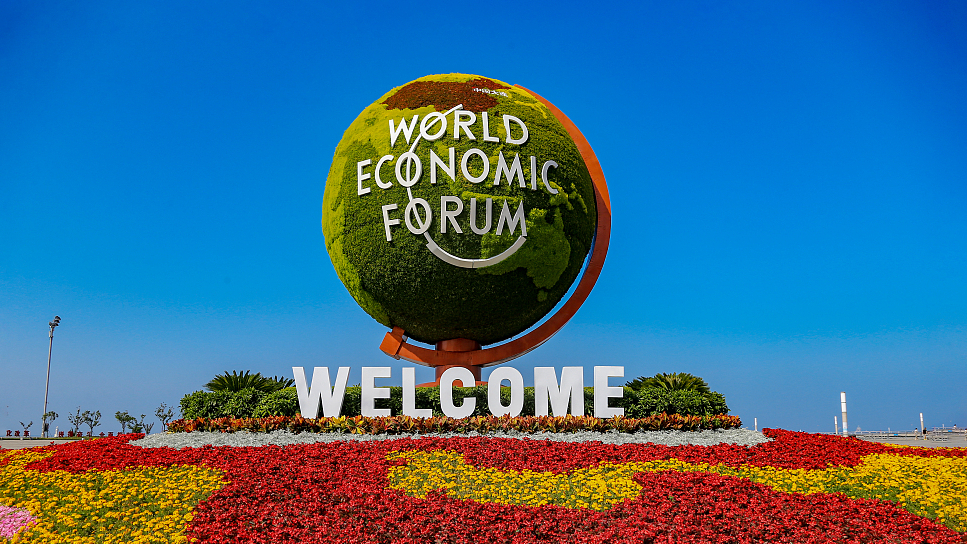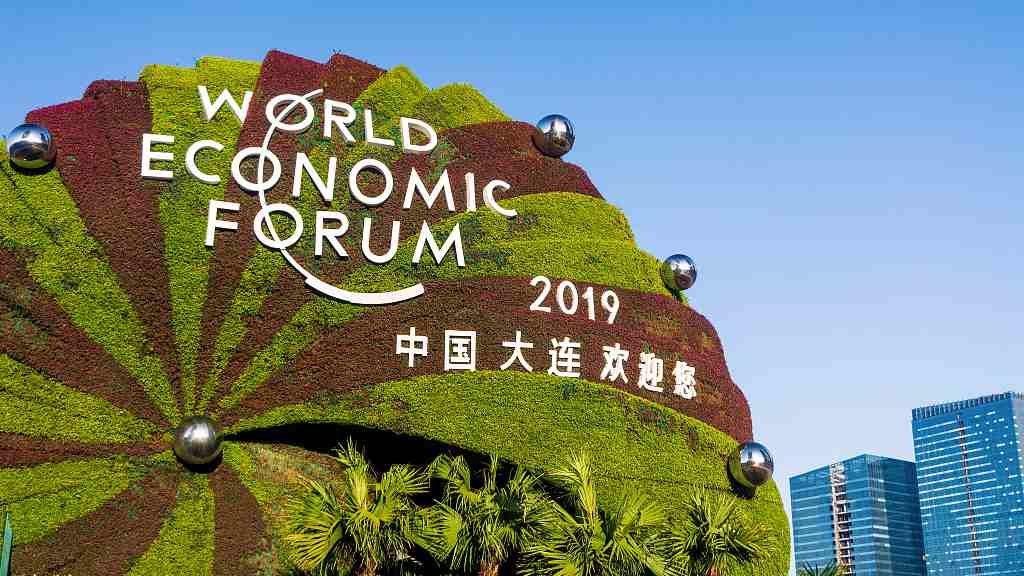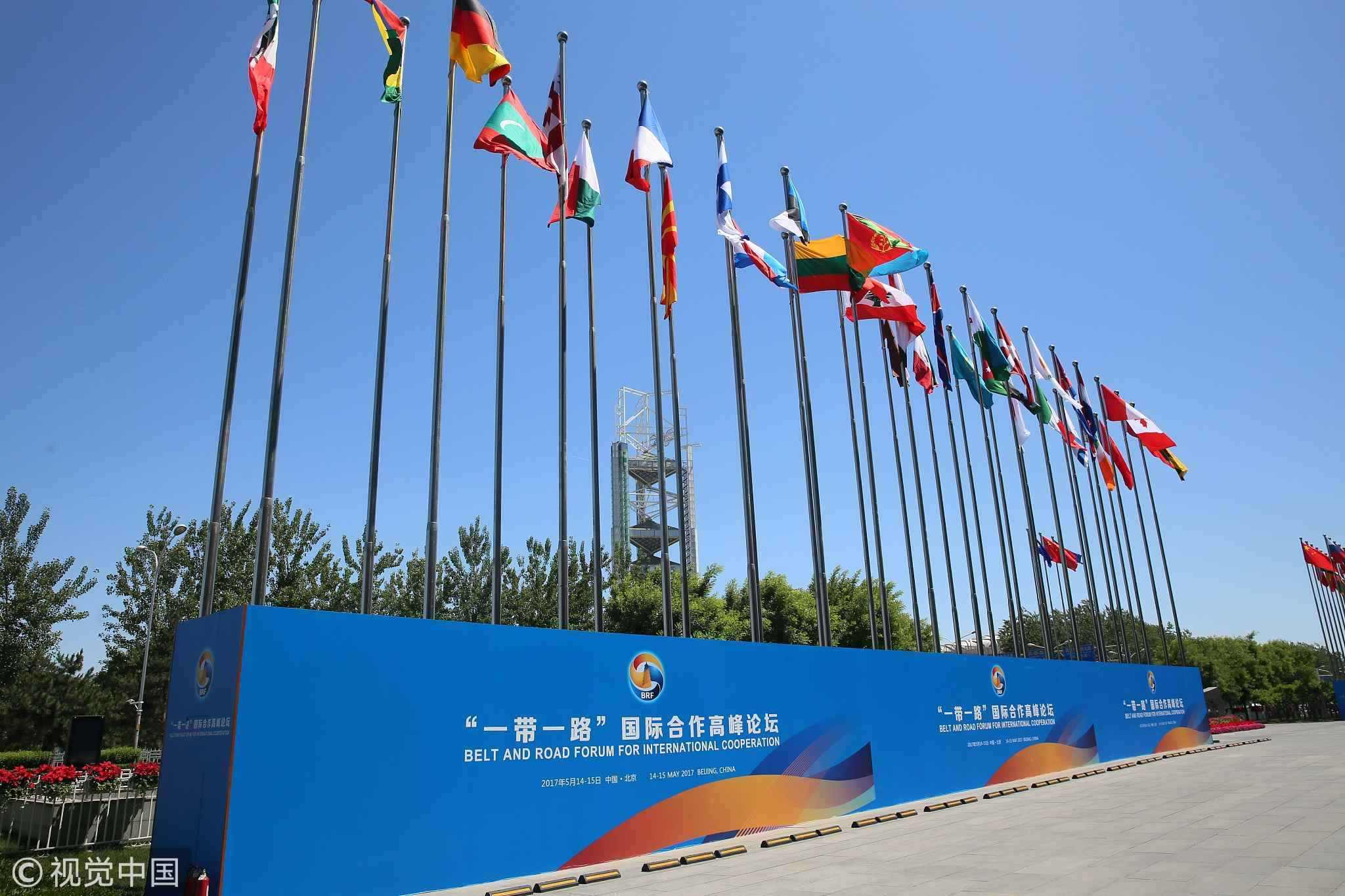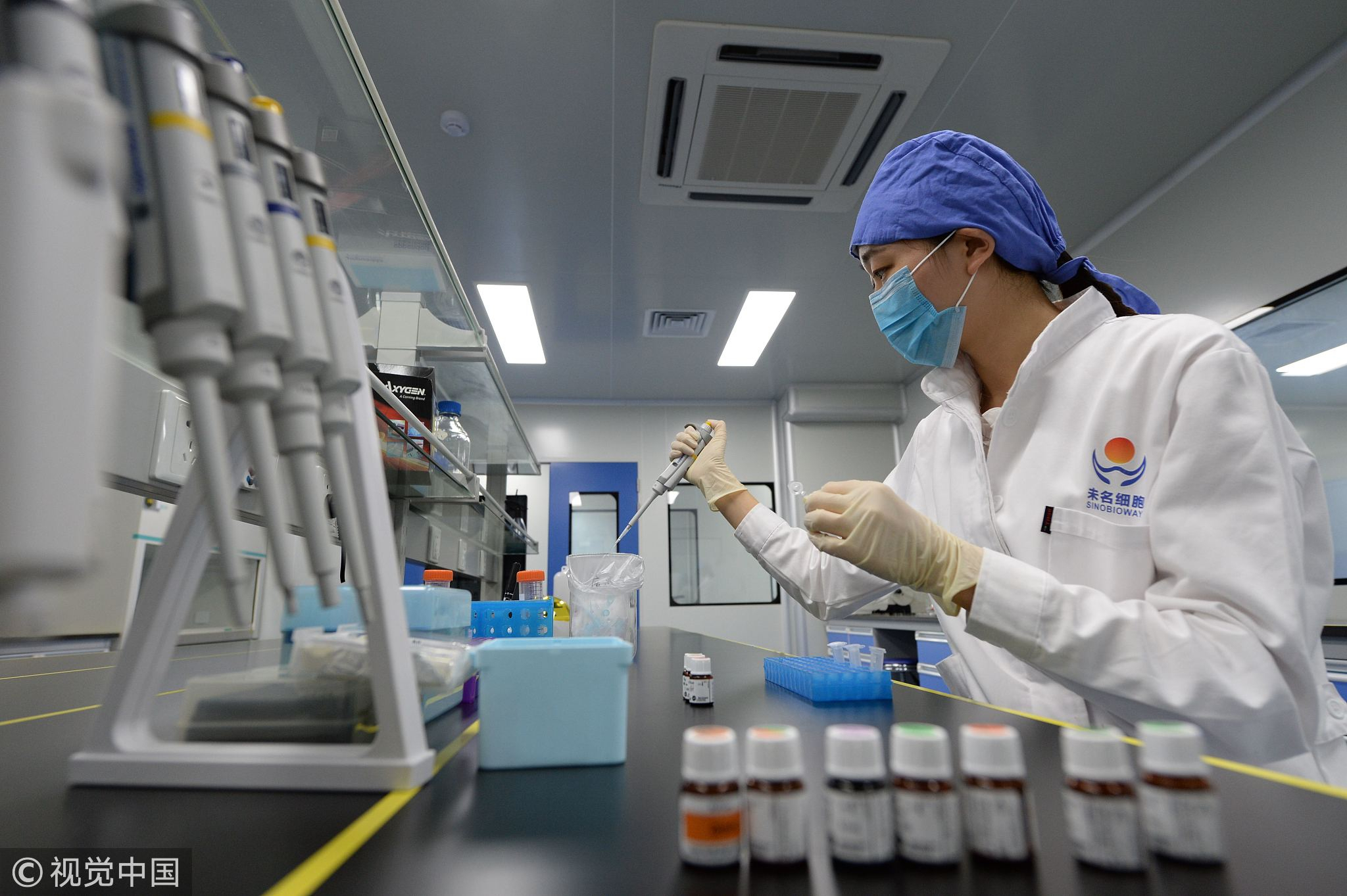

Editor's note: Alessandro Golombiewski Teixeira is a National Thousand Talent Distinguished Professor of Public Policy at the School of Public Policy and Management, Tsinghua University, and a professor of International Business at Schwarzman College in Tsinghua. He is a former Special Economic Adviser of the President of Brazil and former minister of Tourism, and minister of Development, Industry, and Foreign Trade of Brazil. He was also president of the World Investment Association – WAIPA. The article reflects the author's views, and not necessarily those of CGTN.
The World Economic Forum (WEF)'s Annual Meeting of the New Champions 2019, also known as Summer Davos, will take place from July 1 to 3, 2019, at Dalian City, northeast China's Liaoning Province.
This year, the subject of the meeting is "Leadership 4.0: Succeeding in a New Era of Globalization." The WEF sees its role as "improving the state of the world."
Despite WEF's efforts to champion a new era of globalization, the world is experiencing rising inequality, protectionism and nationalist politics that could send the world economy into another serious crisis.
The three-day meeting in Dalian could represent a new chapter, not just in WEF-Asia history, but also in its role as one of the most important non-governmental institutions influencing public and private sectors.
WEF's agenda is aligned with the most important economic drivers in the world such as environmental changes, sustainable economic development, new disruptive technology and the necessity of a new leadership process.

The World Economic Forum in Dalian, China. /VCG Photo
In the words of the WEF, these new economic drivers "require different forms of leadership and collaboration... Leadership 4.0 requires an understanding of how new champions that are gaining economic influence are disrupting and transforming current industry models. In this track, technology, business and policy-leaders explore how to rewire their organizations and transform their business models to respond to the 4th Industrial Revolution."
China is the right place to host such an event for at least four reasons.
First, China doesn't just play an important role in international institutions such as the United Nations (UN) for Industrial and Development and more recently the UN Food and Agriculture Organization, but it has fostered new international cooperation through its Belt and Road Initiative (BRI).
According to China's Ministry of Commerce, as of the end of 2018, China's overseas economic and trade cooperation zones built along the BRI countries have paid local taxes of 2.4 billion U.S. dollars and created 270,000 jobs. China is playing a leading role in fostering and advocating the necessity of a multilateralism.

The first Belt and Road Forum for International Cooperation held in Beijing, May 2017. /VCG Photo
Second, China has showed the world how to design and implement successful policies to reduce inequalities and poverty through inclusive economic growth. A good example from China's National Bureau of Statistics is its Gini coefficient (an inequality index), which in 2008 was 49.1. It has since fallen steadily to 46.7 in 2016.
Another fact is that China lifted almost 900 million people out of poverty from 1981 to 2016. With the percentage of people living in extreme poverty falling from 88 to 1.85 percent, China has contributed to over 70 percent of poverty reduction around the world.
Third, China is one of the leading countries in technological development and innovation in the 4th Industrial Revolution. These new technologies have the ability to change our lives completely. Since the 2010 "Better City, Better Life" expo in Shanghai, China has been writing a new chapter about catching up with new advanced technologies such as renewable energy, rechargeable batteries, autonomous driving, quantum computers, Artificial Intelligence, deep machine learning, robotics and communications technologies like 5G.
Data from the National Innovation Index Report 2018 shows that China in 2016 spent 235.94 billion U.S. dollars in R&D of new technologies, ranking second in the world for the last four years, accounting for 16.1 percent of the global share, contributing 56.4 percent to Chinese economic development.

An experiment in the National Gene Center, Hefei, China, July 18, 2018. /VCG Photo
Fourth, China is fully aware of the environmental challenges. For that reason, the Chinese people, as well as the Chinese government, are eager to incorporate new technologies that will improve China's and the world's environment. China has been actively engaged in every single international sustainability forum and is in compliance with all international agreements.
China has, for instance, maintained the Paris Climate Agreement with all parties and was the first country to present and release a full plan for the 2030 Agenda for Sustainable Development. In terms of practical results in the last five years, China has reduced PM2.5 by 30 percent in key areas and pollutants by more than 10 percent overall, and removed 50 percent of all ozone eating pollutants. It is the top country in the use of water purification and renewable energy.
The WEF in Dalian is of great importance. It brings together civil society leaders, business leaders from large corporations and public authorities from around the world to discuss issues that will define the future of humanity. It will help the WEF accomplish its mission: "Improving the state of the world."
(If you want to contribute and have specific expertise, please contact us at opinions@cgtn.com.)

Copyright © 2018 CGTN. Beijing ICP prepared NO.16065310-3
Copyright © 2018 CGTN. Beijing ICP prepared NO.16065310-3